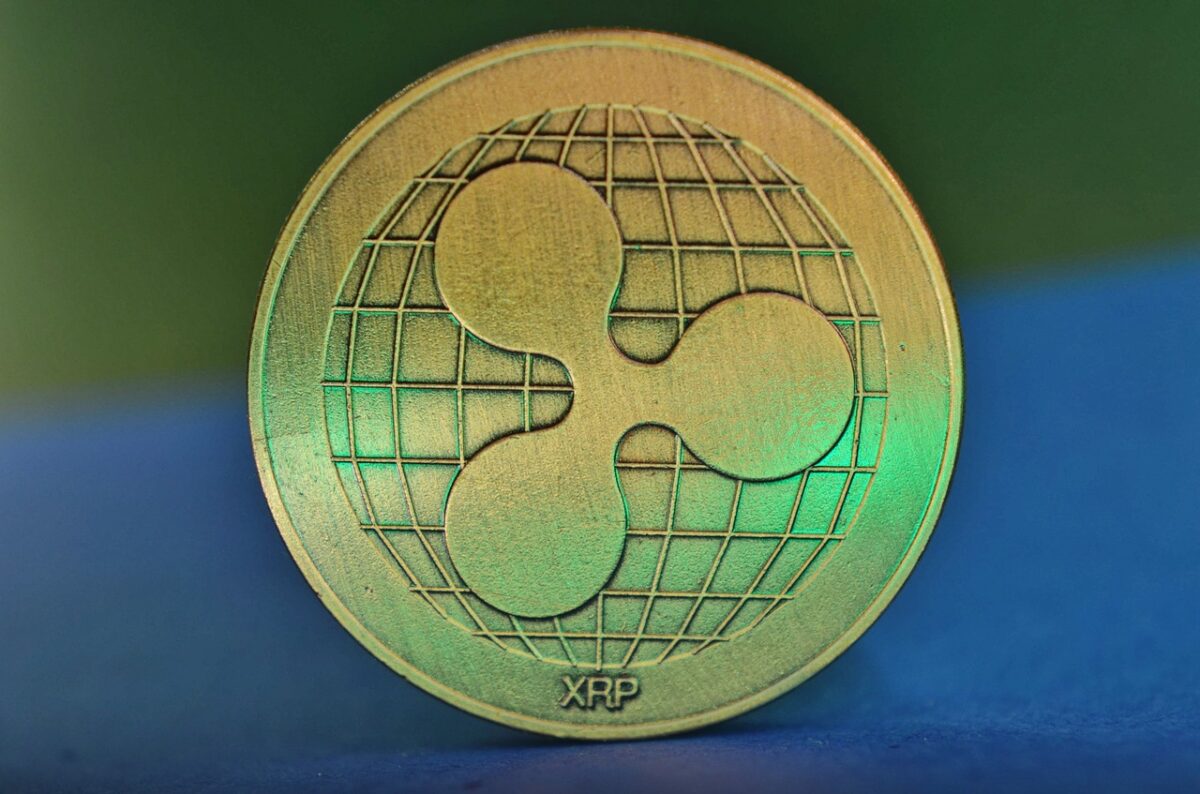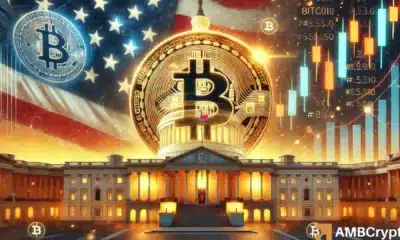
The Securities and Exchange Commission [SEC] has been trying its level best to prove XRP is an unregistered security, while also getting Ripple and its executives to serve for its alleged wrongdoings. However, in doing so, the SEC, according to many observers, has failed to provide crucial evidence questioning XRP’s utility.
In fact, according to the SEC, XRP’s only utility is to be an investment contract in Ripple, with the holders of the asset depending on Ripple to obtain a return on their holdings. The lawsuit in question also seeks to prohibit the registration of XRP as a security and preclude Ripple’s executives from participation in the market.
XRP and its utility
Although many newcomers and some old-timers have been in the space intending to make money, there have been many participants who have found investment value in crypto not only as an investment contract, but also its future potential to replace traditional financing systems.
Even though the SEC claims that the holders depended on Ripple to increase the value of XRP, many others claim to have not heard of the company before the lawsuit or saw XRP as an investment contract in any company. Thus, it can be argued that the SEC’s claims that every XRP holder has engaged in a “common enterprise” with Ripple do not meet the criteria for a fact.
As far as the utility of XRP is concerned, the asset has found a major use in facilitating cross-border payments. Ripple’s on-demand liquidity [ODL] solution uses XRP as an intermediary currency to transfer fiat within established corridors across the world. John Deaton of the Deaton Law Firm and the website CryptoLaw in his latest blog added,
“The open-source nature of XRP allows users throughout the world to use the token to pay for goods and services without any connection to or reliance on Ripple. According to Cryptwerk, over 1,300 companies currently accept XRP for payment across industries from business services to tourism and travel.”
Here, it’s worth noting that Deaton has also filed a motion to intervene in the Ripple v. SEC case on behalf of XRP holders, an intervention that means to state that they were not in “common enterprise” with Ripple, despite the SEC’s claims.
The SEC’s claims to prove XRP as just an investment contract for Ripple fails to hold water. Even though many XRP critics do not see the asset with much utility, the XRP community has been rallying to prove otherwise. This could also prove necessary since the holders are the only sufferers right now. They could lose a lot if the SEC wins.
As of now, XRP has been declared a currency by financial regulatory authorities in Japan, Singapore, the U.K., Switzerland, and the UAE. With the USA still fighting over its legal status, it may take a while to keep up with the changing global regulatory landscape.






